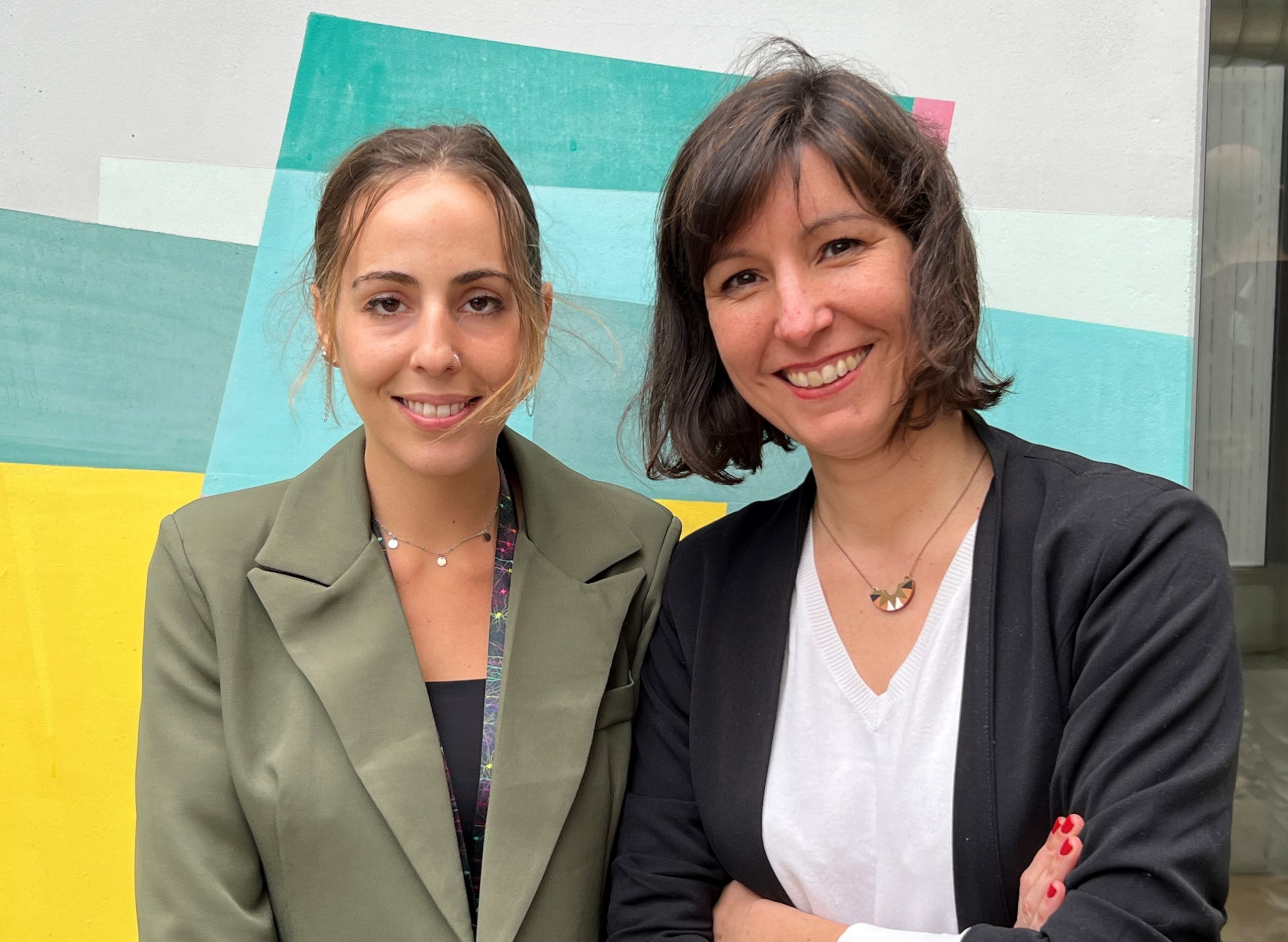
Discovery and prioritisation of treatments in patients with diseases of the nervous system
Brain tumours are the cause of 2% of all cancer deaths. In general, brain tumours have a high rate of recurrence and deadly prognosis, even when treated using molecular profiling-based precision medicine. This is why it is necessary to not only precisely define the molecular characteristics of the tumours, but also to take a feasible, integrative, predictive approach to studying their ability to generate resistance, which means delving deeper into personalised and precision medicine.
The University of Barcelona (UB), through its knowledge transfer office the Bosch i Gimpera Foundation, has awarded a €25,000 grant to develop OrganAId, a unique technology that will allow scientists to discover and prioritise treatment in patients with diseases of the nervous system. The resources were awarded under the Proof of Concept grants (PoC) in the 2022 Fund for the Promotion of Innovation (F2I) call.
The project is titled “Filling in the regulatory gap of the use of organoids as an in vitro medical device in personalised medicine. The regulatory strategy for OrganAId”. The OrganAId technology has been developed jointly by Dr Sandra Acosta from the Department of Pathology and Experimental Therapy of the UB Faculty of Medicine and Health Science, and Dr Oscar Lao, an expert in genomics and applications based on artificial intelligence (AI).
OrganAId is a counterpoint to treatment of diseases of the nervous system that are often fatal due to resistance to current treatments. Firstly, reduced efficacy of a drug often leads patients to follow various courses of treatment that are not effective and can even be toxic in some cases, wasting valuable time and making it easier to get stuck in pharmacologically refractory states.
Secondly, by incorporating two easily scalable models, organoids and AI, OrganAId can collect data in real time and test many treatments at the same time. For tumours, this could pinpoint drug resistance and toxicity in just a few weeks.
The groundwork for OrganAId conducted by the researchers has allowed them to gain authorisation for several stages of the image processing with algorithms. Plus, the proprietary database, which the University has IP protection over, makes the use of AI unique and highly efficient (90% precision).
With the F2I grant, the researchers will be able to develop the most appropriate regulatory strategy for using organoids, and specifically OrganAId, as an in vitro medical device and the preclinical strategy approved by the European Medicines Agency (EMA), and to develop the database to train the algorithm and validate it for brain tumours, focusing on gliomas.
Grants to encourage transfer
The Bosch i Gimpera Foundation earmarked a total of €100,000 for the Proof of Concept grants (PoC) in the 2022 Fund for the Promotion of Innovation (F2I) call. This call aims to drive innovation and valorisation of projects at the University of Barcelona with high potential for transfer and impact on our society.
The Proof of Concept grants are for UB researchers leading transfer projects in which the University owns or co-owns both the knowledge and prior technology and the results the grant would apply to.
Since 2016, the Fund for the Promotion of Innovation programme has led to six spin-offs: AIGecko Technologies, Bluephage, ColorSensing, Mind & Identity, NeurekaLAB, and Virtual Bodyworks. It has also made it possible to licence six technologies and has leveraged over €5 million in public and private funding.

